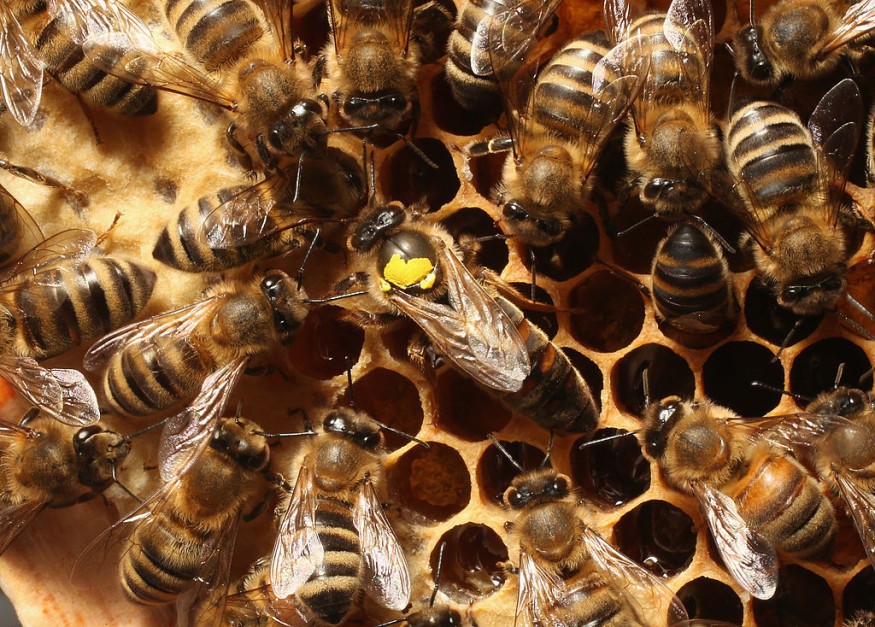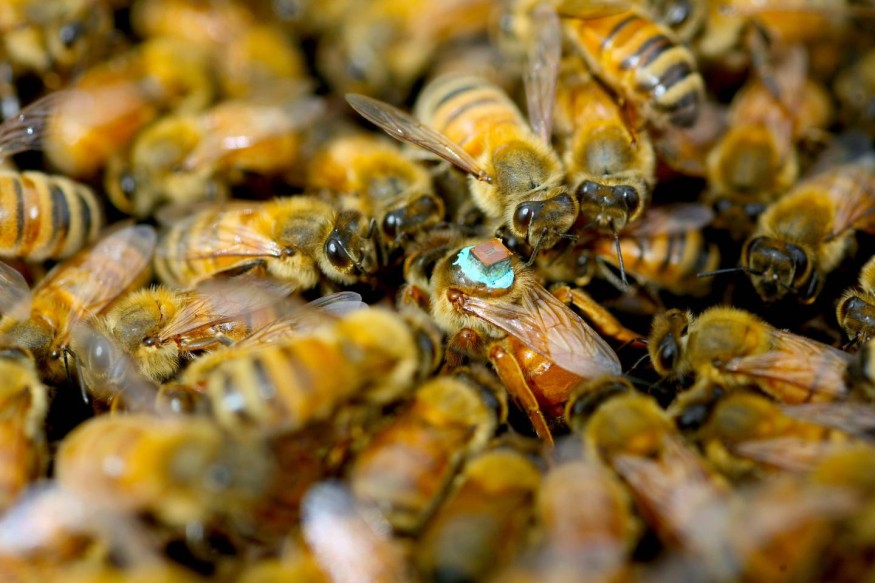A swarm of bees emerged from beneath a road and stung a guy more than 100 times, sending him and another person to the hospital, according to Arizona officials.
According to AZ Family, the man was going along a Scottsdale street when hundreds of bees erupted underground and attacked him.
Fox 10 reported that the bees stung the victim around 100 times. When he was taken to the hospital, he was in critical condition, according to ABC 15.
Related Article : 63 Endangered Penguins Stung to Death by Swarm of Bees in Cape Town
Man vs Bee

Dan Punch, a beekeeper, told AZ Family, "That's serious." "Depending on the level of sensitivity to bees, it might be fatal."
Bee stings may cause everything from discomfort to a severe allergic response. According to the Mayo Clinic, if a person is stung more than a dozen times, it can cause a hazardous response.
"If you get stung more than a dozen times, the venom can build up and cause a toxic response, making you feel pretty sick," according to the Mayo Clinic.
According to Fox 10, another guy was sent to the hospital after being stung by the swarm.
When Steve Gluskin tried to aid the other man, he was stung by the same bees, according to 12 News.
"As soon as I stepped out of the car, I was attacked," Gluskin told the news organization. "All of a sudden, it smacked me across the face. I believed I had collided with a tree."
Thousands of bees might have been in the hive, according to experts.
They'll cover your face, nose, and mouth, and that's where they'll sting," Chad Little, co-owner of Urban Desert Pest Control, told ABC 15.
According to ABC 15, the hive was found under a roadside maintenance hole. According to AZ Family, firefighters sprayed it with foam to help decrease the risk of the bees attacking again.
Stinging Insects
Insects belonging to the Hymenoptera order include bees and wasps. These animals are important pollinators who help to ensure the global food supply and biodiversity. As a result, it is in our best interests to safeguard them and treat them with respect. These small creatures, on the other hand, may be a severe threat.
Unless triggered, these insects are rarely aggressive. As a result, a sting is typically a defensive response to defend itself or its environment. However, depending on the intensity of the envenomation, its venom can cause localized, allergic, and/or toxic reactions.
Honey Bees on the Offensive

Many elements of a honey bee colony, including aggressiveness, are cyclic in nature, despite their apparent docility. Honey bees can be hostile at any time, but some triggers make them more aggressive. These circumstances are more prevalent in the late summer and early fall.
Honeybees usually only attack to defend their colony, although they will attack if they are disturbed outside the nest. Alarm pheromone, vibrations, carbon dioxide, hair, and dark hues are common sources of honeybees' attack stimuli.
For more news from the animal kingdom, don't forget to follow Nature World News!
© 2026 NatureWorldNews.com All rights reserved. Do not reproduce without permission.





